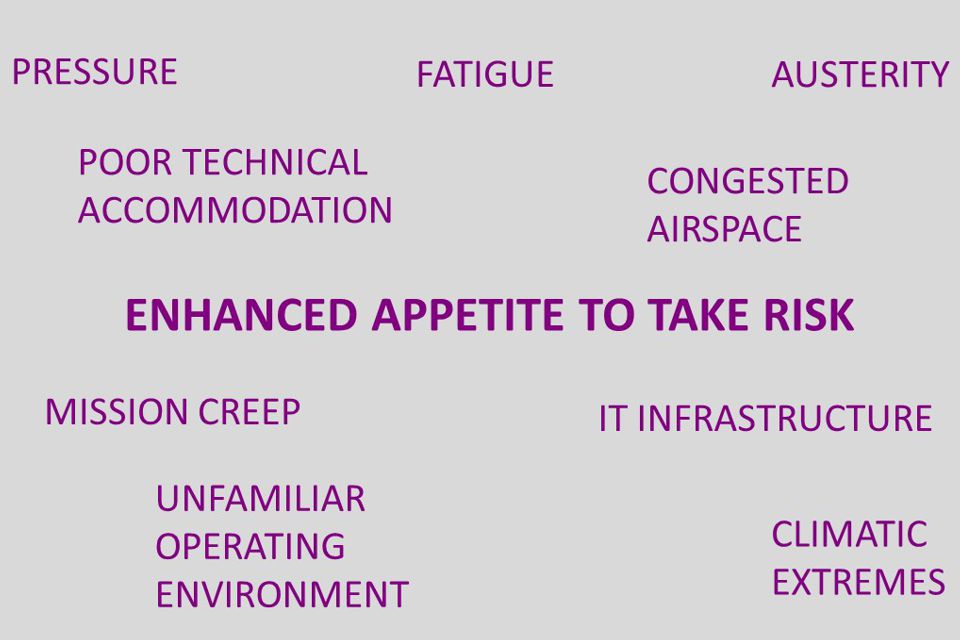Sir Alan Duncan’s statement
Mr Speaker I am very grateful to you for this opportunity to make a statement on Hurricane Irma, which is already affecting and is set further to affect Caribbean islands and the south east United States with devastating effect.
Much as I appreciate the wish of the House perhaps to move on to start the second reading of the EU Withdrawal Bill, I am sure everyone appreciates the importance of informing the House about the latest position on this unfolding catastrophe.
As with any hurricane, one can never be sure of its ultimate effect until the extent and location of its inevitable damage is clear.
Its predicted force however, put everyone on the highest state of alert and preparedness, to which end the Foreign Office crisis centre and DFID planning were all put onto the highest state of readiness over 2 days ago.
The FCO crisis centre has 2 important functions. One is to organise the fullest possible consular assistance to UK citizens abroad, and the other is to monitor the path of the hurricane and coordinate every conceivable UK response, in particular to those British territories affected.
Mr Speaker, Hurricane Irma, having reached Category 5 – the highest possible category – hit 3 British Overseas Territories yesterday: Anguilla, Montserrat and the British Virgin Islands. Today, we expect the hurricane to affect a further UK territory: the Turks and Caicos Islands.
The hurricane yesterday also caused damage in the independent Commonwealth countries of Antigua and Barbuda, and St Kitts and Nevis. And we expect it to affect the Dominican Republic, Haiti and the Bahamas today. It will most likely affect Cuba and south eastern Florida tomorrow.
The hurricane is heading westwards and remains strong. We have an initial assessment of the severity of the damage it has caused, and I will outline for the House what we know so far.
Montserrat was swiped by the hurricane yesterday. But our initial assessment is relatively positive. Fortunately, the damage is not as severe as first thought.
However, in contrast, Anguilla received the hurricane’s full blast. The initial assessment is that the damage has been severe and in places critical. We expect further reports to make clear the full nature of the devastation and at the moment Anguilla’s port and airport remain closed.
The British Virgin Islands were also not spared the hurricane’s full force when it passed through yesterday morning. Our initial assessment is of severe damage and we expect that the islands will need extensive humanitarian assistance, which we will of course provide.
The hurricane is expected to hit another British Overseas Territory later today. The Turks and Caicos Islands lie in the hurricane’s predicted path and officials in London and in the territories are working intensively on disaster preparedness and response. They are also liaising with their counterparts in the Cayman Islands for assistance.
The French and Dutch territories of Guadeloupe and St Maarten have also been hit and the initial assessments are of widespread damage. But the more detailed assessment continues and no British Nationals have yet contacted us to ask for assistance from these islands.
Two Commonwealth realms were affected by Hurricane Irma yesterday. Antigua and Barbuda’s less populated island, Barbuda, was most severely affected. Antigua, and St Kitts and Nevis were less badly affected than many had feared, with only minor damage.
Now we expect that the hurricane will affect the Dominican Republic and Haiti today. It will sweep on through the South East of the Bahamas later, and tomorrow is predicted to hit Cuba and southern Florida.
Mr Deputy Speaker, officials in London and the territories have been working throughout the day and night to assess and quantify the needs of our territories, and to coordinate a cross-government response.
Officials in London are maintaining contact – although this is sometimes difficult – with our Governors’ Offices in the territories. The Governors’ teams are themselves working closely with the territories’ governments to respond to this crisis.
The Royal Naval ship Royal Fleet Auxiliary Mounts Bay is already in the Caribbean and should reach the affected territories later today. The ship carries Royal Marines and Army Engineers and her primary task is the protection of our Overseas Territories. She is loaded with a range of equipment, vehicles, tents, stores and hydraulic vehicles specifically intended to respond to disasters like this.
In addition, DFID stands ready to charter flights to deliver additional supplies as appropriate.
Mr Deputy Speaker, I spoke last night to the London representatives of the British Virgin Islands. And I was in our crisis centre yesterday afternoon and again late last night, and have been based there this morning.
At 8:45pm last night, the Foreign Secretary spoke to Anguilla’s Chief Minister Victor Banks. The Foreign Secretary tried but was unable to contact the Premier of the British Virgin Islands last night, but my noble friend Lord Ahmad has been in contact with the Governor this morning.
We will be working in support of the Overseas Territories’ governments to develop the best possible assessment of their immediate and longer term needs.
To that end, my Right Honourable Friend the Secretary of State for Defence will chair a meeting of COBR at 2pm o’clock this afternoon.
Our priority is to support the territories’ governments in meeting their immediate humanitarian and security needs, including shelter, water and accommodation. We have four UK aid humanitarian experts in the region, who are helping to co-ordinate the response.
We will assess, with the territories’ governments, their long term reconstruction requirements, as we have done in the past.
And as the House will appreciate, the relationship between Overseas Territories and their parent countries differs. Whilst French territories are directly governed, that is not the case with our Overseas Territories. While this means our responses will, of course, be different, we will seek to achieve the same objectives and are taking immediate steps to do so.
The Prime Minister called President Macron this morning to discuss our respective response to Hurricane Irma. They agreed the devastation it had wreaked was terrible, with unconfirmed reports emerging of a number of fatalities.
Mr Deputy Speaker, the Prime Minister updated the French President on our response, noting that DFID humanitarian advisers had already deployed to the region to conduct damage assessments and to provide humanitarian support, and that RFA Mounts Bay was already near the area.
They agreed to co-operate closely, including with the Dutch, to understand the extent of the damage and to coordinate our relief efforts.
Mr Deputy Speaker, we will all do our upmost to help those affected. I undertake to keep the House updated as required.

